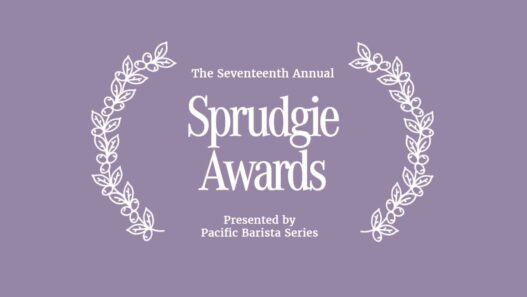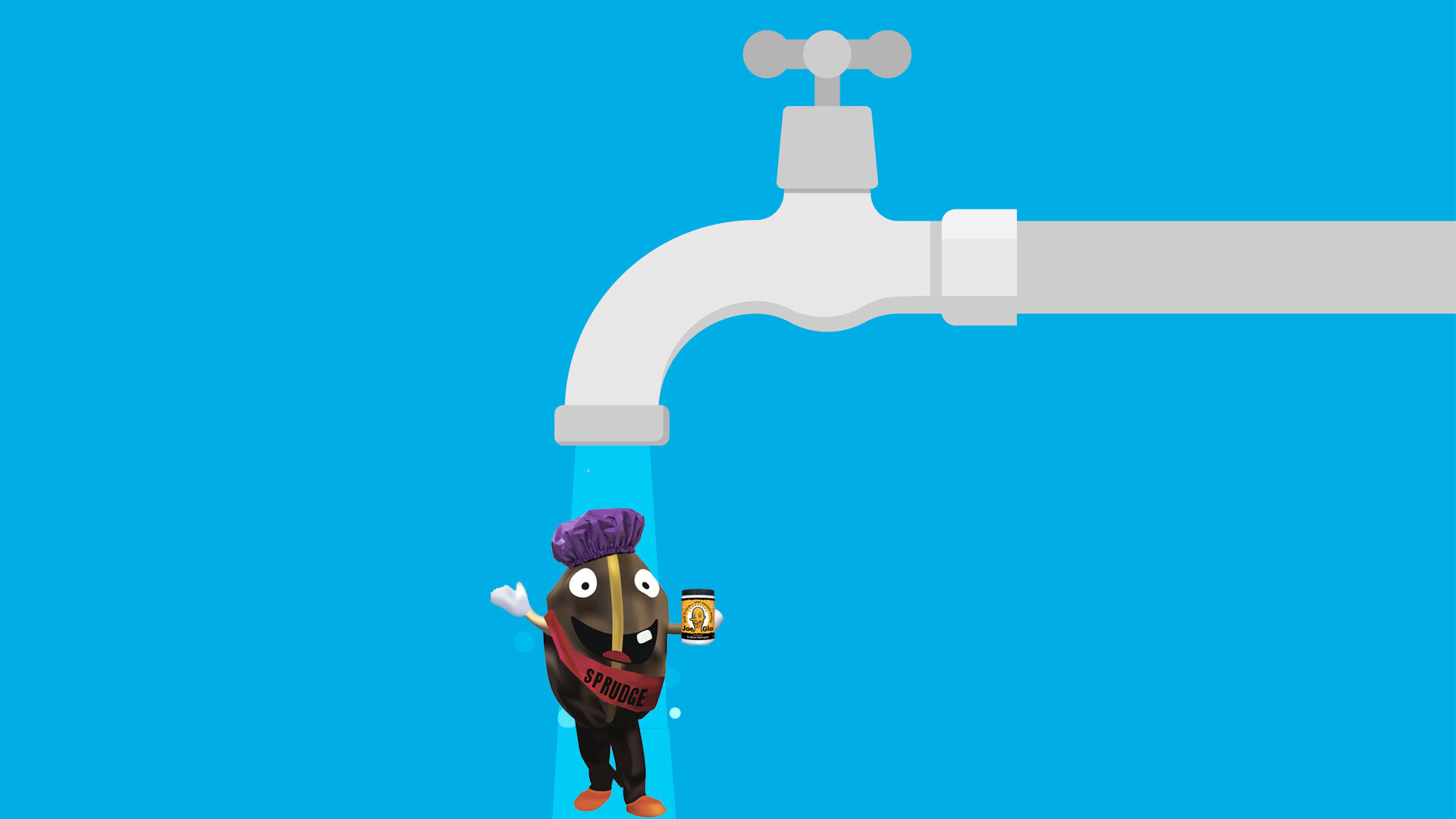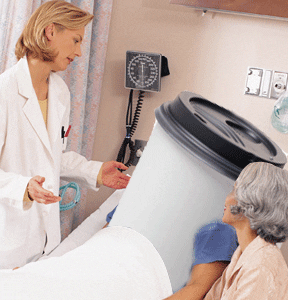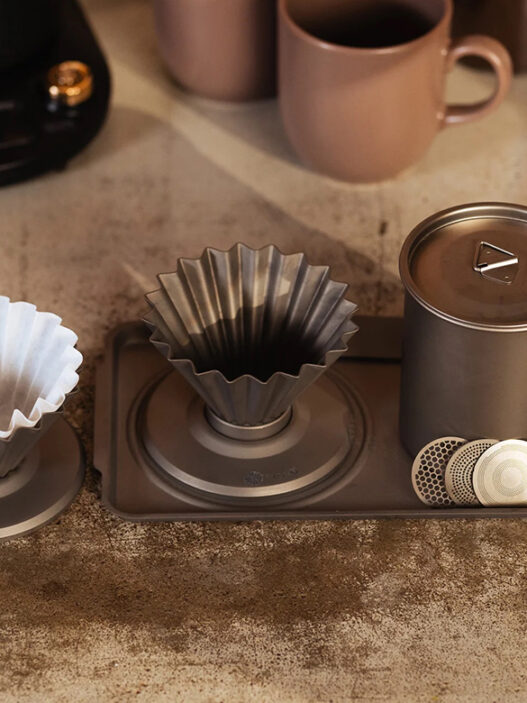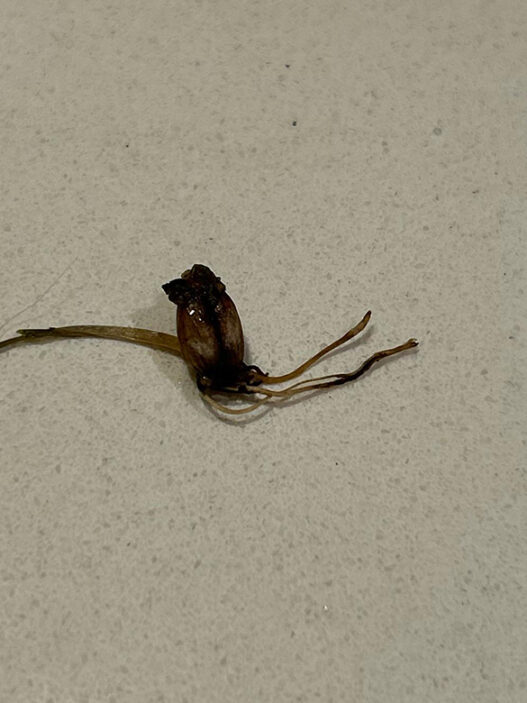Today we’re catching up with stuff we missed from last week (whilst buried with barista competition coverage), and on the top of that list is a major article titled “The Case for Drinking as Much Coffee as You Like“. Writing in The Atlantic, feature journo Lindsay Abrams offers up the world a kind of optimistic coagulation from a myriad of coffee consumption studies, including one that has not yet been published – an American Journal of Clinical Medicine study that found coffee consumption significantly reduces the risk of type 2 diabetes.
Abrams’ feature is a birds eye view of studies from across a wide swath of medicine, and the thesis she’s sussed out from her research is encouraging for coffee enthusiasts and professionals alike: “We might go so far as to consider [coffee] a nutrient.”
It’s a bit more complicated than that, as you might expect, and there are still problems that can arise from overconsumption of caffeine. One study caps that level at “above 10 cups”, which is like an average bar shift for your typical specialty coffee barista. Here’s an excerpt:
Most concerns about caffeine’s negative effects on the heart have been dispelled. In June, a meta-analysis of ten years of research went so far as to find an inverse association between habitual, moderate consumption and risk of heart failure. The association peaked at four cups per day, and coffee didn’t stop being beneficial until subjects had increased their daily consumption to beyond ten cups.
But still, the forecast for coffee drinkers is rosy: Alzheimers, liver disease, coronary artery disease, stroke, and endometrial cancer are just a few of the ailments coffee can reduce or prevent, according to a laundry list of studies presented by Abrams. Coffee can even help with pain relief.
Curiously enough, certain studies found similar health benefits in patients who drank decaf as patients who drank the regular stuff. Abrams ultimately concludes that it may not be the caffeine that makes coffee so healthy, but rather, all the rest of that goodness in the cup:
So aside from caffeine, just what are you getting in a cup, or two, or six? Thousands of mostly understudied chemicals that contribute to flavor and aroma, including plant phenols, chlorogenic acids, and quinides, all of which function as antioxidents. Diterpenoids in unfiltered coffee may raise good cholesterol and lower bad cholesterol. And, okay, there’s also ash which, to be fair, is no more healthful than you would think — though it certainly isn’t bad for you.
Is it the coffee? Or the caffeine? Or 6 of one, half dozen of the other? One Harvard School of Health study concluded that coffees protect against prostate cancer, while another study from the same journal showed that caffeine itself, regardless of the form of ingestion, aided against basal cell carcinoma.
There are several other studies mentioned in this article, but this one seems the most cut and dry, and it’s certainly something we’ve experienced ourselves while trucking on the long haul:
If you’re on a road trip, you may respond like the 24 volunteers for an experiment from February who were subjected to two hours of simulated “monotonous highway driving,” given a short break, then sent back out for two more hours. Those given a cup of coffee during the break weaved less, and showed reductions in driving speed, mental effort, and subjective sleepiness. If you’re on a weight-training regimen, it can provide a mild (and legal) doping effect.
With so many coffee studies out there, what Lindsay Abrams and The Atlantic have done is important: they’ve placed all the major studies from the last few years in one easily accessible article, and they’ve meta-analyzed those studies to reach some valuable big picture conclusions. If you’re someone who loves coffee and drinks it all the time – and since you’re reading Sprudge, the answer is likely “yes” – this article is definitely good news that hits close to home.
But as a final note, it bears mentioning that the studies Abrams consulted are focused at consumers, enthusiasts, and members of the general coffee drinking population. There is very little in the way of public study on the effects coffee has on baristas, the professionals tasked with preparing, taste-testing, and serving coffee daily. This gap in available public knowledge is something we hope to fill in the coming weeks, as we ready a three-part series of reports on barista health concerns written by our own Alex Bernson. Stay tuned.




